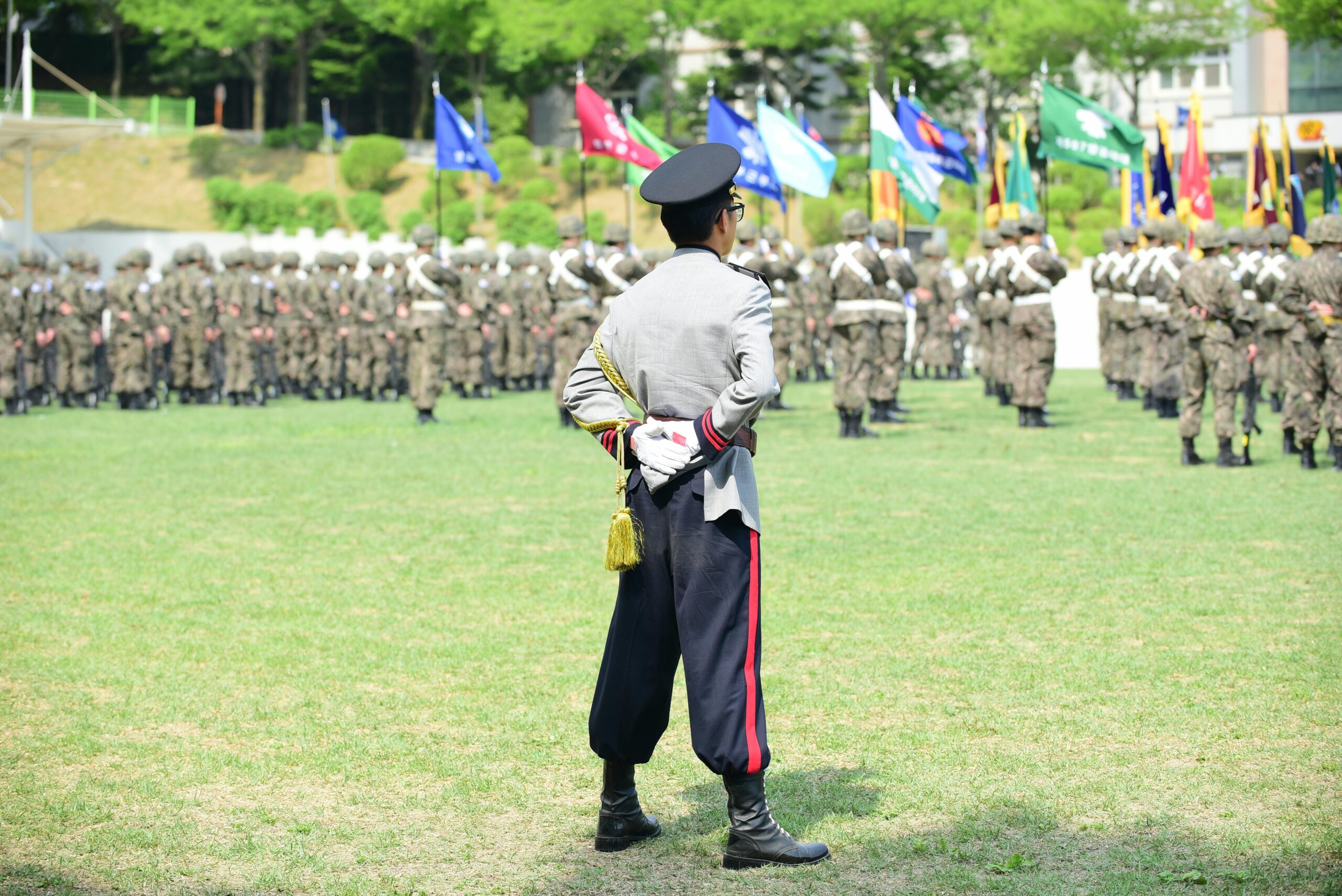NEW DELHI: The Supreme Court of India has clarified that it did not intend to interfere with the exclusive “master of roster” powers of the Chief Justice of a High Court, following controversy over its remarks on an Allahabad High Court judge.
A Bench of Justices J.B. Pardiwala and R. Mahadevan had earlier termed an order by Justice Prashant Kumar of the Allahabad High Court “absurd” and “erroneous,” directing Chief Justice Arun Bhansali to pair him with a “seasoned senior judge” and to bar him from handling criminal cases until retirement. These directions, issued on August 4, drew objections from Allahabad High Court lawyers.
After receiving a letter from Chief Justice of India B.R. Gavai, urging reconsideration, the Supreme Court modified its earlier order on Friday, removing the contentious directions.
“We fully acknowledge that the Chief Justice of a High Court is the master of the roster… Our directions were never intended to interfere with his administrative powers,” the Bench said in its order.
The court, however, maintained that when institutional concerns affecting the rule of law arise, it may be constitutionally compelled to step in. The August 8 clarification stressed that protecting the dignity of the judiciary is part of the Supreme Court’s constitutional responsibility.
Legal Context
The Supreme Court’s 2004 ruling in the Tirupati Balaji Developers case established that while the apex court is an “elder brother” to the High Courts in administering justice, it has no power of superintendence over them. Judicial precedents have consistently upheld the exclusive authority of a High Court Chief Justice in roster management.
The “master of roster” principle is considered vital for maintaining judicial discipline, especially after the 2018 press conference by four senior Supreme Court judges who raised concerns over selective allocation of sensitive cases.
A Full Bench of the Madras High Court in the Mayavaram Financial Corporation Ltd. (1991) case had similarly affirmed that a Chief Justice holds the inherent power to allocate judicial work within the High Court.


